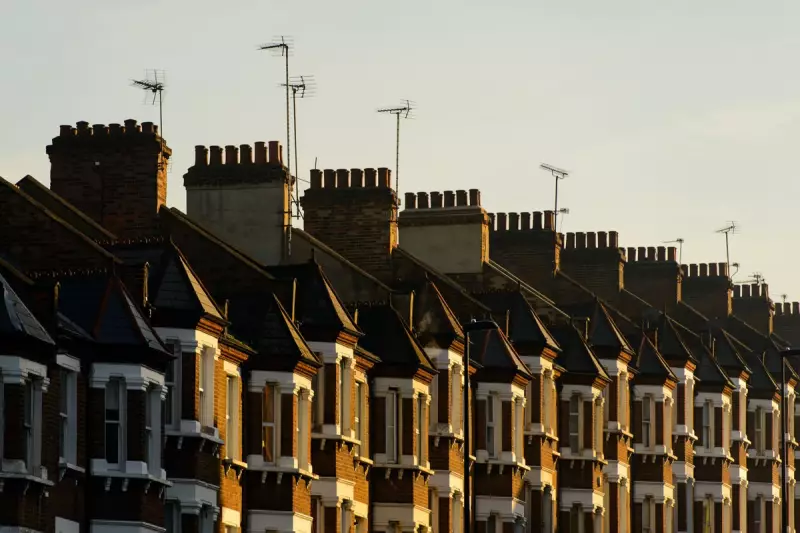
Chancellor Rachel Reeves is reportedly drawing up plans for a controversial new 'mansion tax' targeting high-value properties, as the Treasury scrambles to find billions to fill a looming budget shortfall.
The Budget Black Hole and the Push for a Wealth Levy
With Labour's autumn Budget just days away, the government is under significant pressure to raise funds. Researchers from the Institute for Fiscal Studies (IFS) have warned that Chancellor Reeves may need to find at least £22bn. This financial strain is compounded by expectations that the Office for Budget Responsibility (OBR) will downgrade the UK's productivity forecasts, potentially creating a further £20bn gap in public spending.
In response, ministers have insisted that any new tax rises should be squarely focused on those with the most wealth. This has led to serious consideration of a so-called 'mansion tax', a new charge that would be applied to the owners of the most expensive homes in the country.
How the Proposed Mansion Tax Would Work
Several versions of the tax have been floated, but the most recent reports suggest the Chancellor has scaled back initial plans. Instead of targeting the UK's 300,000 homes worth £1.5 million and over, the levy is now expected to apply to properties valued at more than £2 million. There are approximately 150,000 such homes in the UK, and the move could raise between £400 and £450 million for the Treasury.
To determine which properties would be subject to the new surcharge, around 2.4 million properties in the top three council tax bands (F, G and H) will be revalued. In a key measure to protect asset-rich but cash-poor homeowners, they will reportedly be able to defer the cost until they die or move house, thus avoiding being forced to sell.
One model under consideration is a simple annual levy of one per cent of the amount over the £2 million threshold. For example, the owner of a £3 million property would face a yearly charge of £10,000.
An Alternative Model: Reforming Capital Gains Tax
Earlier in the year, the Treasury was understood to be exploring a different, less radical approach that would generate lower revenue by changing how capital gains are taxed on primary residences.
Currently, homeowners do not usually pay capital gains tax on the sale of their main home. This would change under the proposed plans for high-value properties, likely those above £1.5 or £2 million. Sellers would then be required to pay tax on the 'gain' they have made. For higher or additional rate taxpayers, the rate on property gains is 24 per cent, while for basic ratepayers it's 18 per cent.
Expert Warnings and Calls for Comprehensive Reform
Many economists have warned the Chancellor against either model of the tax, arguing it would add another layer of complexity to the UK's already opaque property tax system. Instead, there are growing calls for a complete overhaul.
Former IFS director Paul Johnson recently told The Independent that the government should reform taxes to make council tax proportional to a property's current value, whilst also scrapping stamp duty. He acknowledged that a mansion tax on properties over £2 million makes "some sense", as such houses are "definitely undertaxed at present".
However, he issued a stark warning: "It wouldn’t raise anywhere near enough to fill a significant hole. I’d be much happier with a proper comprehensive reform of property taxes."





